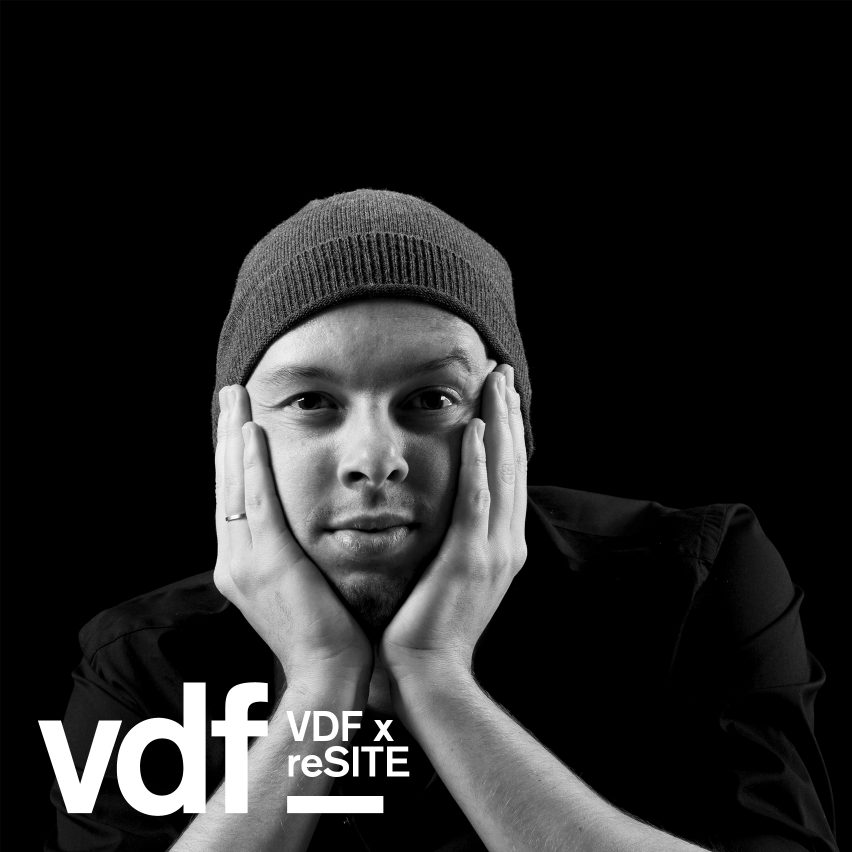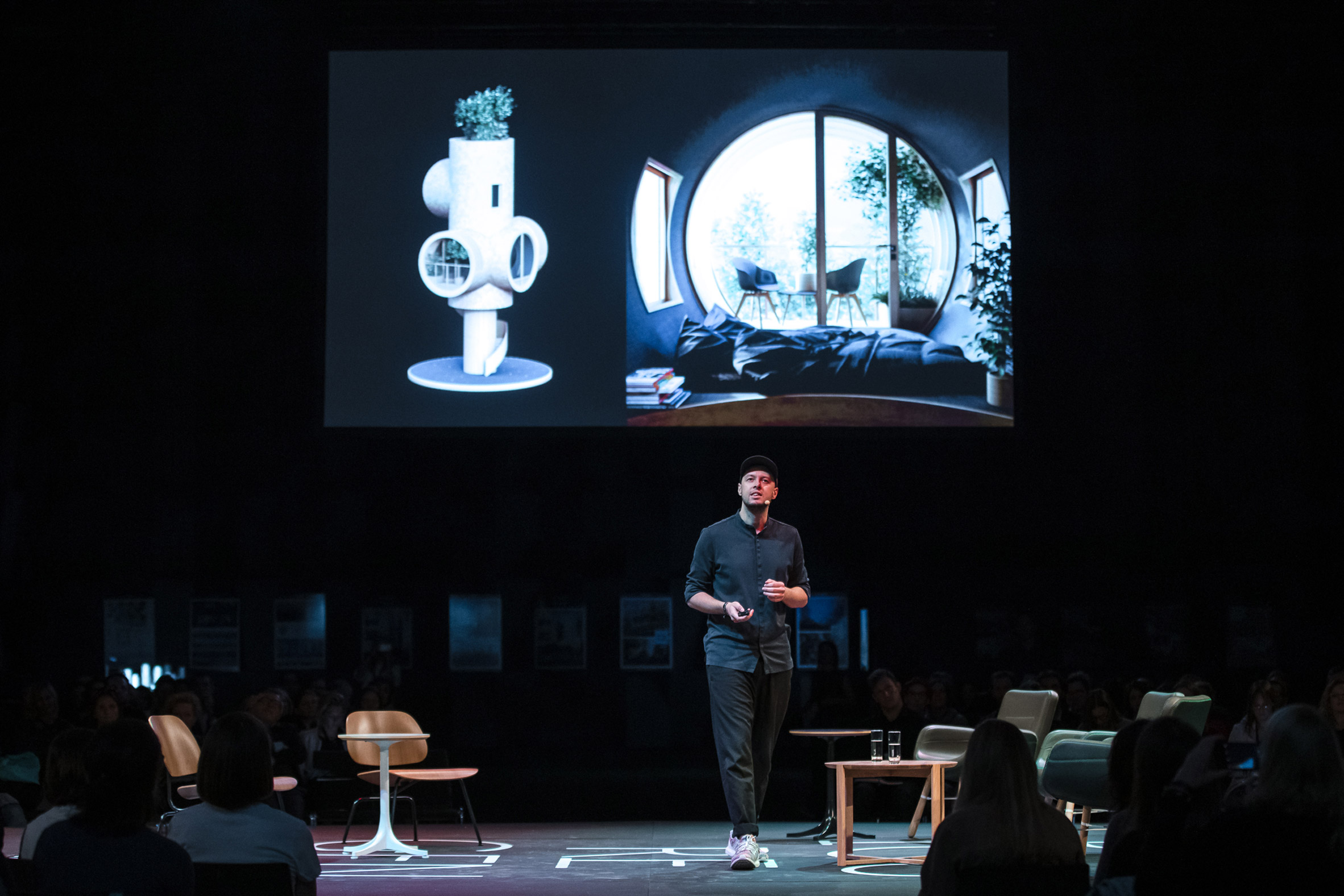The building of the future will be "an ecosystem by itself" says architect Chris Precht
The third lecture from today's collaboration between VDF and reSITE sees Chris Precht of studio Precht explain his mission to design buildings that serve both environmental and emotional needs. Precht, founded by Chris Precht and his wife Fei Precht, explores low-impact building technologies and ways of making buildings more self-sufficient. Examples include its proposal for The post The building of the future will be "an ecosystem by itself" says architect Chris Precht appeared first on Dezeen.


The third lecture from today's collaboration between VDF and reSITE sees Chris Precht of studio Precht explain his mission to design buildings that serve both environmental and emotional needs.
Precht, founded by Chris Precht and his wife Fei Precht, explores low-impact building technologies and ways of making buildings more self-sufficient.
Examples include its proposal for a timber housing tower that integrates a vertical farm and an off-grid timber micro-home.
It recently designed Parc de la Distance, a proposed urban park that enables people to maintain social distancing during the coronavirus pandemic.

Precht started his talk at 2019's REGENERATE conference by explaining the impact his father Albert Precht, a keen mountain climber, has had on his work.
"I think that my dad had a very direct connection to our natural environment," Precht said. "He feels connected to his own senses, his own feelings, to his own emotions, but also to history, nature, and to the environment. And I think there are a lot of lessons for architects to learn from that."
Architects today are mostly building to make a profit
However, Precht feels that architecture today has lost touch with its emotional and environmental purpose and instead is driven by money.
"We built the pyramids for gods," Precht said. "We built castles for kings. We built palaces for queens and now we are building mostly to make a profit in an economic system."
His and Fei's studio instead chooses to focus on connecting its work to the environment. One example is its Wild Child Village in Ecuador, which was built using a modular bamboo system. Joints are tied with ropes, which means the materials can be reused.
"It connects people back into this reality, into an objective reality of nature, and of the environment," Precht explained.
He argues that architects need to look at the environment more through the eyes of children.
"If we do that, I think there are a lot of spaces we create that are more discoverable and more explorable for people. And I think to discover and to explore is something so fundamental, that is somehow stuck in our DNA, like my dad did for 67 years."
"We can think of the building as an ecosystem"
After starting its office in Beijing about six years ago, Precht moved back to Austria about three years ago to get an improved quality of life.
"This was a difficult decision, but it was a very important one because we are working long hours and we are constantly undervalued," Precht said.
"I actually think that architects wear black not out of a minimalistic fashion statement, I think we wear black because of an emotional statement. I think that we are very sad inside and the black is somehow a cry for help."
Today, the studio works on a number of projects that aim to reinforce a connection to nature, including The Farmhouse, which combines modular homes with vertical farms, and a 3D-printed pavilion made out of sand.
"We can think of the building of the future differently," Precht said. "We can think of it as an ecosystem by itself. We can listen to the birds and bees nesting into our buildings, and we can smell, taste, and eat parts of our buildings."
He believes his generation of architects is not driven by styles, forms or intellectual theories. "I think that our generation has much bigger problems than that, climate change, global warming pollution and urbanization and AI," he said. "These are all tasks now of an architect."
About reSITE
reSITE is a non-profit organisation with a focus on rethinking cities, architecture and urban development. Its aim is to connect leaders and support the synergies across real estate, architecture, urbanism, politics, culture and economics.
reSITE's flagship event is held in Prague, but it has also held events in Lisbon and Berlin. reSITE was founded in 2011 by Martin Barry, a landscape architect originally from New York.
About Virtual Design Festival
Virtual Design Festival, the world's first digital design festival, runs from 15 April to 30 June 2020. It aims to bring the architecture and design world together to celebrate the culture and commerce of our industry, and explore how it can adapt and respond to extraordinary circumstances.
To find out what's coming up at VDF, check out the schedule. For more information or to join the mailing list, email vdf@dezeen.com.
The post The building of the future will be "an ecosystem by itself" says architect Chris Precht appeared first on Dezeen.
